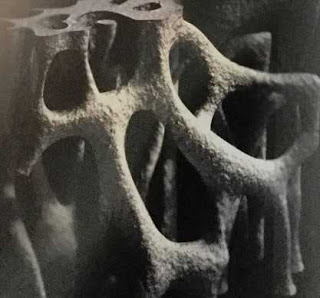Dr. Braverman on The Acetylcholine/Arthritis Connection
Our brain chemical, acetylcholine, is a natural moisturizer that helps retain fluid and maintains the membrane coatings of cells. All acetylcholine deficiencies lead to dehydration. Because it controls moisture levels throughout the body, when you experience a deficiency, moisture evaporates and dryness occurs, followed by inflammation. This three-part process is the predecessor of arthritis. Arthritis flares up when joint lubrication is lost and the body loses its ability to relubricate, or maintain healthy joints. Interestingly, when the brain loses its moisture, cognitive deterioration begins. This is why as we age, cognitive deterioration and bone loss often occur simultaneously. Arthritis can be treated by following an acetylcholine-boosting regimen, including hormone therapies, proper diet, supplements, and exercise. I can help. Call to schedule an appointment or phone consultation. Author Bio: Dr. Braverman is a Summa Cum Laude and Phi Beta Kappa graduate of Brandei
